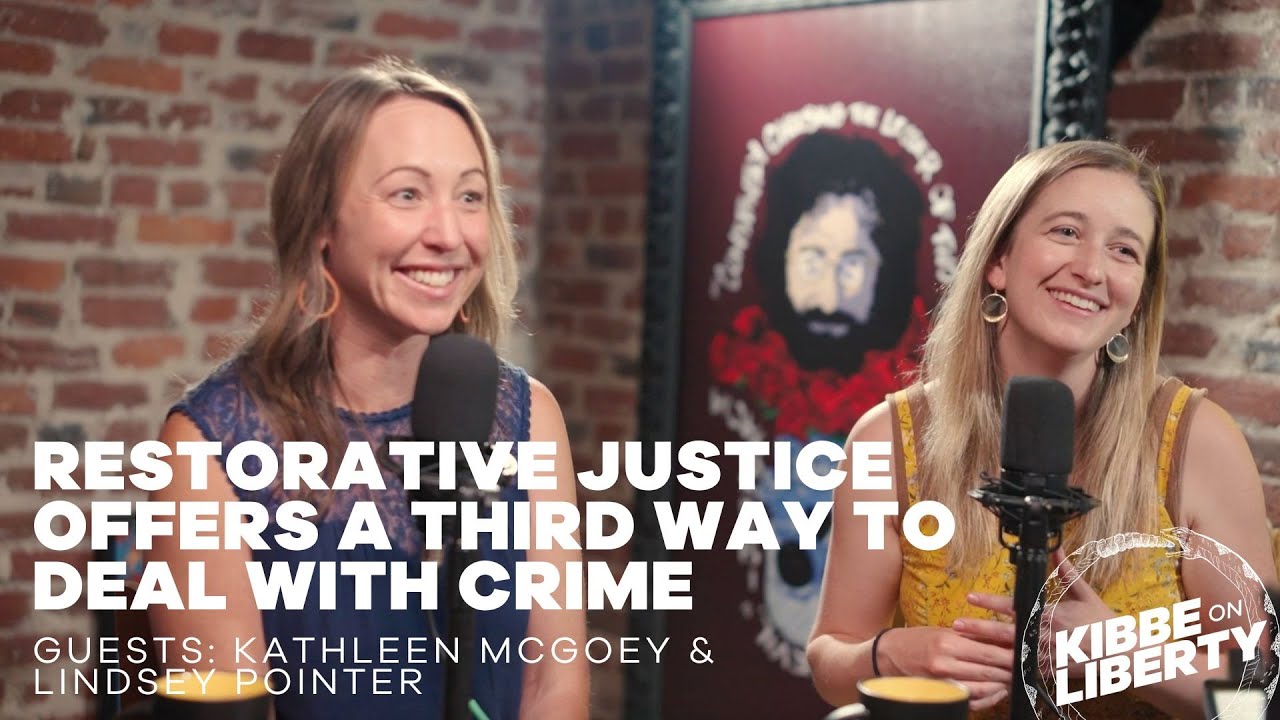
I Am Probably a Felon, and So Are You
I have never been in jail. I have never been arrested. But I am probably a felon, and so are you. There are so many laws, too many for even the government to count, and the punishment for being a felon is crushing.
Some felonies might sound scarily familiar: taking a sick day when you aren’t sick, telling your friends about a bad company, or getting lost in the woods.
Some of these crimes on the books are simply bizarre. One law makes it a crime to sell “Turkey Ham” as “Ham Turkey” or with the words “Turkey” and “Ham” in different fonts (21 USC §461 & 9 CFR §381.171(d)); another makes it a federal crime to handle a crate full of imported primates without wearing waterproof shoes (42 USC §271 & 42 CFR §71.53(i)(6)(iii)(C)).
There are thousands and thousands of crimes on the books. Many, however, are vague. If and when you are arrested for and convicted of one of these many and varied felonies, your rights begin to disappear, very quickly.
Felons lose their right to vote, their right to bear arms. They lose the right to adopt children, and lose parental rights with their biological children. The ability to travel, the ability to hold some jobs, the ability to live in certain neighborhoods, the ability to serve on a jury, all gone. Imagine losing parental rights as a felon because you brought a cucumber out of the Carolinas (7 USC §7734(a)(1)(B) & 7 CFR §301.80(b)(12)).
The law is complex, and every American is vulnerable to the whims of a complicated and burdensome system.
Even congress can’t wrap their heads around the number of federal crimes they have created:
Complexity has led to abuse of the criminal code in the United States. Some statutes are bizarrely specific:
Other statutes are dangerously broad:
Could a prosecutor, for example, argue that someone should be made a felon if they lead the public to believe “taxation is theft” by posting it repeatedly across the internet? Endeavoring to impede the administration of taxes is a life goal for some of my dearest friends.
Though a law can be ruled void because of its vagueness, it is the government which bears the responsibility of ruling that its own texts are overly vague. While citizens can prevent enforcement of bad laws through mechanisms like jury nullification, those likely to support jury nullification are sometimes prevented from serving on juries. Jury nullification also requires that a case reach a jury instead of reaching an early settlement. In the modern age of the plea deal, “innocence is irrelevant” when considering whether someone is guilty in the eyes of the law.
Proof? Who Needs It?
In the American Federal Judicial System, claims of guilt must be proven “beyond a reasonable doubt.” In colleges across the country the standard of proof needed to convict someone of a crime is only “more likely than not,” or a 50% likelihood to be found guilty. Beyond the criminal code itself, enforcement and the delivery of punishment has been a problem for years.
The result in the college system has been lawsuits against some of the most elite schools in the country who have expelled students under a lower burden of proof.
In courts, there is a higher burden of proof, but there are still a significant number of errors. Not counting plea deals, which have become pervasive in America, it is estimated that between two and ten percent of all convictions in the United States are made in error.
In the United States there are 2.3 million people in prison. Approximately 230,000 of those are innocent. Above and beyond those hundreds of thousands, how many committed the “crime,” of breaking immoral, overly broad, or plainly inappropriate laws?
No wonder Americans are clamoring for criminal justice reform—the system is unfairly punishing our friends, family, and neighbors.
Does Felon = Bad Person?
Some people do very bad things. But the devil is in the details when evaluating whether felons are bad people. There is power in the messaging we receive regularly. We are told that felons are bad people inherently. The media says some people are irredeemable and can be cast away. We are told some people are lesser, and therefore undeserving of the same rights as the rest of our society. That is not a universal truth. Our legal system does not account for the gray area.
We are all felons if the state decides to target us. Despite the murky legal landscape the hardline talking point remains the same:
Beatty, and those like him, fail to understand that when we provide massive power to those who write and enforce laws, the scales of justice tip back and forth. There are too many laws. Statistically, Beatty himself is likely a felon under the current system. Speaking out has historically been punished by overreaching governments. Today, however, these lessons seem forgotten. Political actors call daily for their opponents to be silenced by force. Stripping felons of fundamental rights and freedoms is a dangerous game. What happens when your political opposite wishes to silence you?
Our Felon Choice
That others are undeserving is the lie that we can choose to live or die upon. It is the lie that our culture will collapse upon itself if allowed to continue. We are not all bad people, but every one of us is a felon in some form. We cannot trust the government to properly deliver justice. The law allows individuals to be wrongly executed and incarcerated.
If we allow the fundamental individual rights of felons to be taken away; we voluntarily forfeit our own rights, and the rights of generations to come.
This article originally appeared on Conner Drigotas.
Free the People publishes opinion-based articles from contributing writers. The opinions and ideas expressed do not always reflect the opinions and ideas that Free the People endorses. We believe in free speech, and in providing a platform for open dialogue. Feel free to leave a comment.



